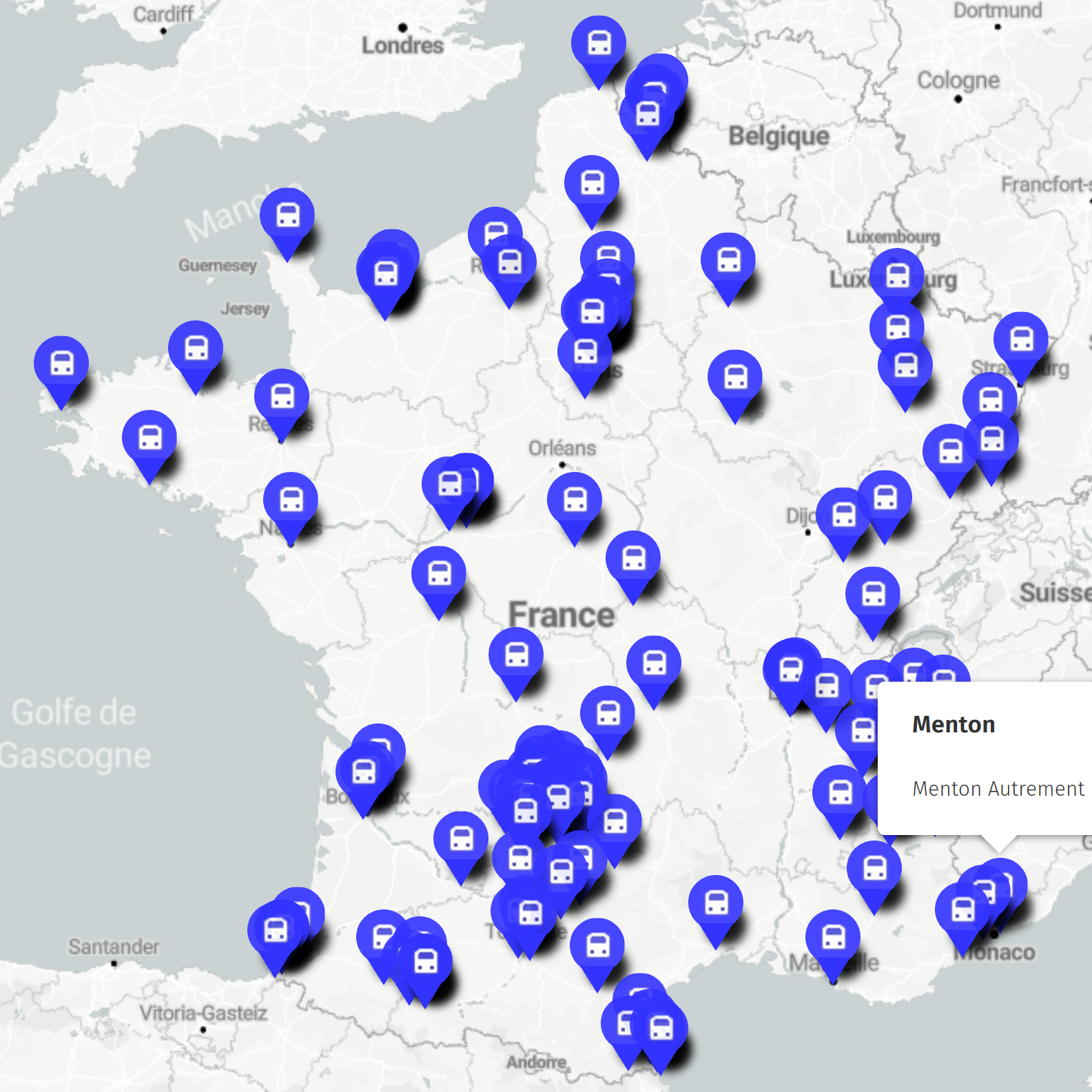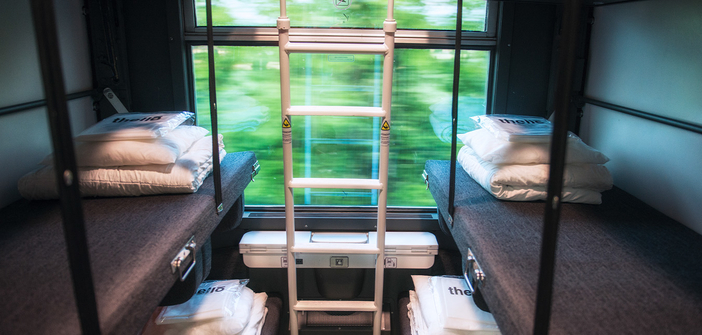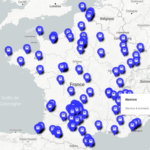While the European Union has just ratified a 500 billion stimulus plan, the Government has announced that the first beneficiaries would be the French air and automobile lobbies.
Laurent LANQUAR-CASTIEL analyzes the situation: “No lessons seem to have been learned from the current crisis: the government’s ‘resilience’ action will therefore remain just a PR operation, given the directions announced to save the old world. Here is the limit of electoral greenwashing: although all the municipal candidates promoted reducing the place of cars and sobriety in air traffic, the opposite will be prioritized, with the blessing of our local officials. Black smoke guaranteed: Habemus carbo!”
The environmentalist is exasperated: “Yet we know the alternatives and how to implement them. To change the paradigm, we need to invest in change and offer everyone alternatives to hyper-carbon solutions: in the national and European territory, the primary alternative to airplanes is trains, and in particular, night trains.” During the municipal elections, the ‘YES to Night Trains’ collective had asked candidates to commit to developing night trains, as shown by the accompanying map of commitments.
In Menton, Laurent LANQUAR-CASTIEL, spokesperson of the “Menton Autrement” collective, had committed to this: “Germany is doing it. Why not us? Our project plans, in partnership with the Regions, to recreate a cross-country line ‘from the Country of Lorient to the East of the Country’ (from Brest to Menton – all signatories). This diagonal of the Hexagon did exist: I remember regularly taking Nice-Nantes trips when I was a kid… To make this investment profitable, we need to develop varied services: economical fares accessible to everyone, ‘family’ compartments, high-service level cars for luxury travel… The Orient Express is a dream: Let’s make this dream a reality!”

To complement the offer, the environmentalist continues: “We also propose a European group of cross-border cooperation (EGTC) to develop the Nice-Vintimille-Tende-Cuneo-Turin line, which could continue, on one side, towards Milan and Central and Eastern Europe (Austria/Slovenia), on the other towards Lyon and Paris, which would be faster and relieve the overloaded PLM axis. The challenge is multiple: it allows for the sustainability of the Wonders line and the development of sustainable and decarbonized European cooperation.
The Europe’s investments are supposed to create such European economic projects, aren’t they?”



